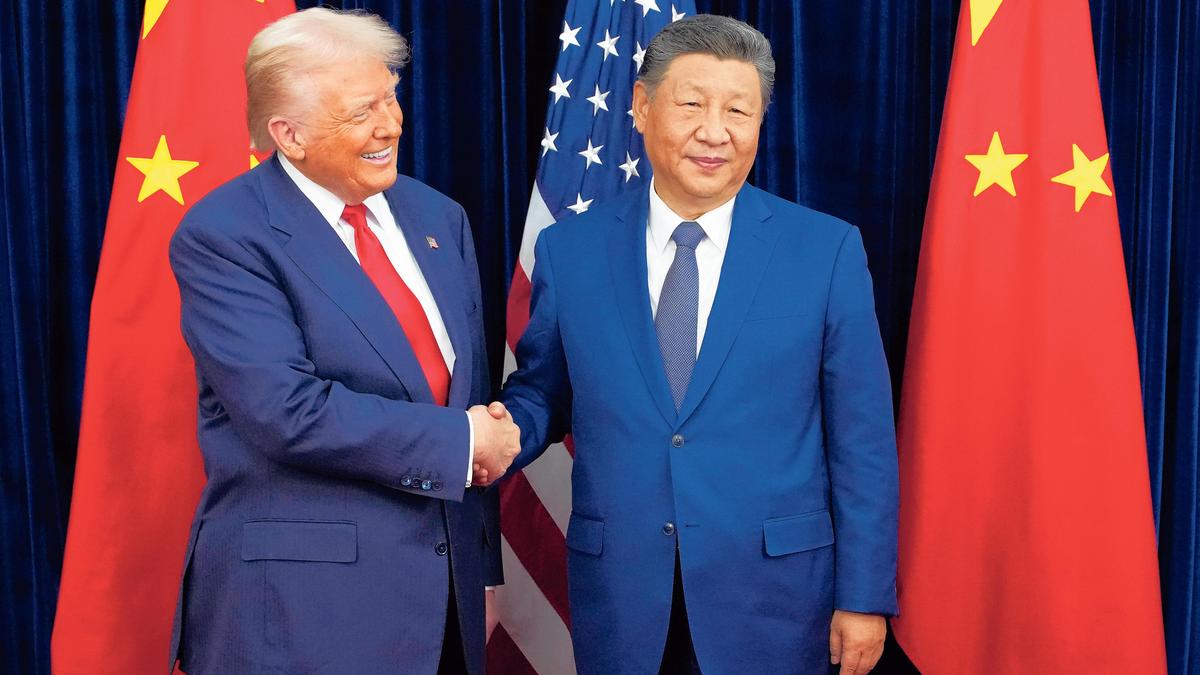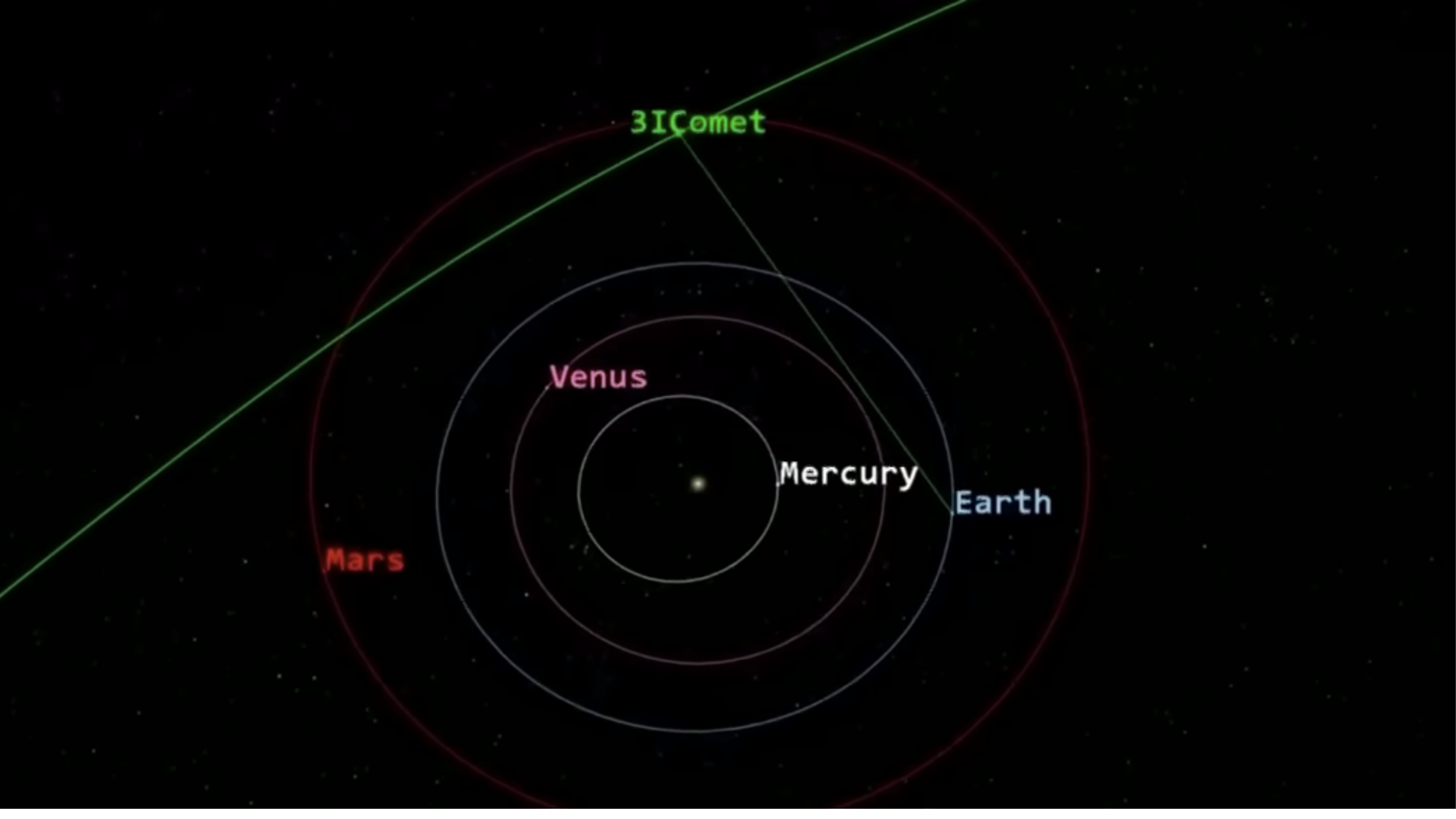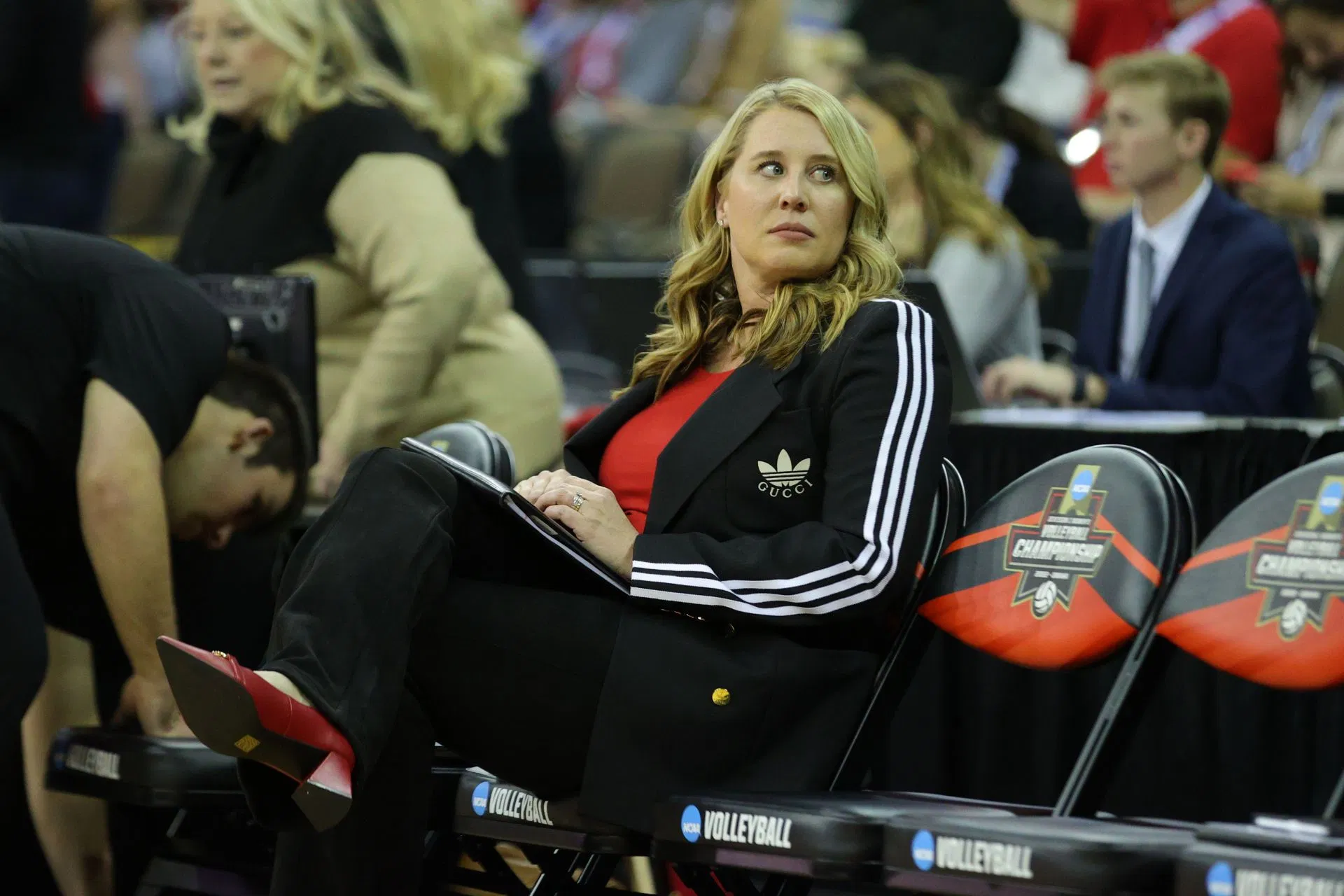Copyright thewest

Donald Trump has struck a deal to reduce tariffs on China following face-to-face talks trump with his counterpart Xi Jinping, just hours after Australia’s Prime Minister refused to back the US President’s recent trade comments. Speaking after a nearly two-hour meeting with Xi in South Korea which he described as “amazing”, President Trump said the two leaders had “agreed to almost everything”. President Trump said the US will ease tariffs on Chinese goods from 57 to 47 percent in exchange for Beijing doing more to curb the flow of fentanyl ingredients, resuming purchases of US soya beans and keeping rare earth exports flowing. Chinese stocks climbed to a decade high and the yuan currency to a near one-year peak against the dollar as investors hoped for an easing of trade tensions that have upended supply chains and rocked global business confidence. Ahead of Thursday’s highly anticipated meeting, which took place on the sidelines of the APEC summit, Mr Albanese would not be drawn on the President’s declaration earlier this week that tariffs are good for alliances. “I am not going to give a running commentary on the comments that President Trump or anyone else, for that matter. What I do is state Australia’s position and Australia’s position is that we support free and fair trade,” Mr Albanese said. We believe that the more open trade occurs the better it is for the global economy, the better it is for Australia, and we consistently put that position. During a Wednesday night dinner President Trump again heaped praised on Mr Albanese while seated next to the Australian Prime Minister and described their recent White House meeting as “great”. Before his first meeting with the Chinese President since 2019, Donald Trump revealed he had also instructed the Pentagon to immediately resume testing nuclear weapons on an “equal basis” with other nuclear powers. “Because of other countries testing programs, I have instructed the Department of War to start testing our Nuclear Weapons on an equal basis. That process will begin immediately,” Trump said on social media. “Russia is second, and China is a distant third, but will be even within 5 years,” President Trump noted. President Vladimir Putin said on Wednesday Russia had successfully tested a Poseidon nuclear-powered super torpedo that military analysts say is capable of devastating coastal regions by triggering vast radioactive ocean swells. While in South Korea the US President also announced that he had given approval for the Asian nation to build its own conventionally armed, nuclear-powered submarines at a US shipyard. On social media the US President said he’d granted access to the sensitive technology so South Korea does not have to rely on “old fashioned, and far less nimble, diesel-powered Submarines that they have now”. Speaking in South Korea, Mr Albanese rejected suggestions that Seoul was gaining a higher level of access to secret US technology than Australia which is an AUKUS partner. “No. In a word. To put it clearly - these bilateral arrangements are a matter for the United States and Korea,” Mr Albanese told reporters. “The arrangements Australia has entered into with United States and United Kingdom are in our national interest. They will provide for Australia to have access to that technology, and that is a very positive thing.” Pressed on US Secretary of War Pete Hegseth saying he was “highly doubtful the US would be able to sustain AUKUS while also helping the South Koreans get nuclear”, Mr Albanese insisted he was not concerned. “I think President Trump’s comments couldn’t have been clearer and they were very clear last week in the White House,” he said. Defence experts have predicted South Korea could now overtake Australia in building its own nuclear-powered submarines, with construction on the SSN-AUKUS fleet not scheduled to begin in Adelaide until the end of this decade. “If we were already worried about the US’s industrial base yesterday, then today’s announcement surely throws a spanner in the works,” says Doctor Elizabeth Buchanan, a US-Australia alliance fellow at Washington’s Centre for the National Interest. “This is a potential threat to Australian plans if US resources at home are diverted to a different customer - one that also comes with a much healthier defence budget,” she told The West Australian. “This is going to change the tempo of and interest in the extant non-proliferation regime that our soc called ‘liberal rules-based order’ has trumpeted. You can be sure Japan is angry - if not striking a back-room deal”. Malcolm Davis from the Australian Strategic Policy Institute agrees neighbouring Japan has a stronger case for acquiring nuclear-powered submarines given China’s growing undersea capability and emerging threats from North Korea and possibly Russia. Anthony Albanese is due to return to Australia on the weekend but is yet to confirm whether he’ll travel to Brazil next month to attend the 30th UN climate conference in the city of Belem.



